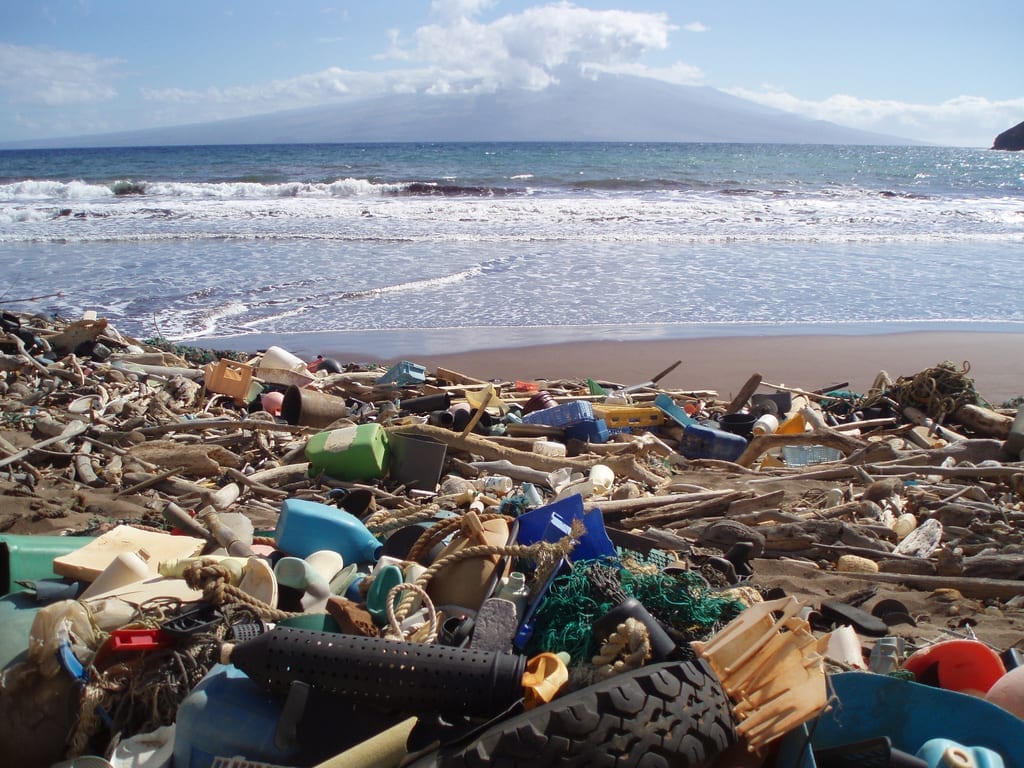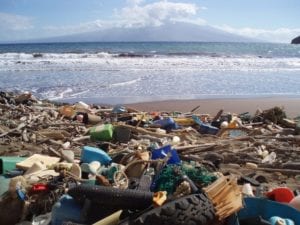
A new report says that there could be more plastic than fish in the ocean by 2050. Picture: Supplied
- Twenty times more plastic is being produced now than in 1964
- This is predicted to double in the next 20 years
- This is said to quadruple by 2050
Authors of the report suggest that these strategies will assist this global problem:
Firstly, the plastics industry needs to look at improving the design of plastic products. The design plays an important role in the product’s ability to be recycled and re-used. The report states that approximately 30% of the plastic that is created is destined for landfill or ultimately ends up in the ocean. This is due to the design not being efficient enough with recycling properties. Fifty percent of plastic has the potential to generate money if designed and packaged better. This would be a profitable alternative to sending plastics to landfill sites. Also, by re-using plastics and recycling it into new products, this in itself provides a business opportunity which has the potential to boost income in communities and contribute about US$9 million to the economy, according to the report. It also indicated that at least 20% of plastic waste, was an economically attractive option for re-use. The report also suggests that plastics producers should look at alternative, green options of creating these products and shift away from crude oil (where a lot of plastic is made from), and move towards natural gas options. SEO:







